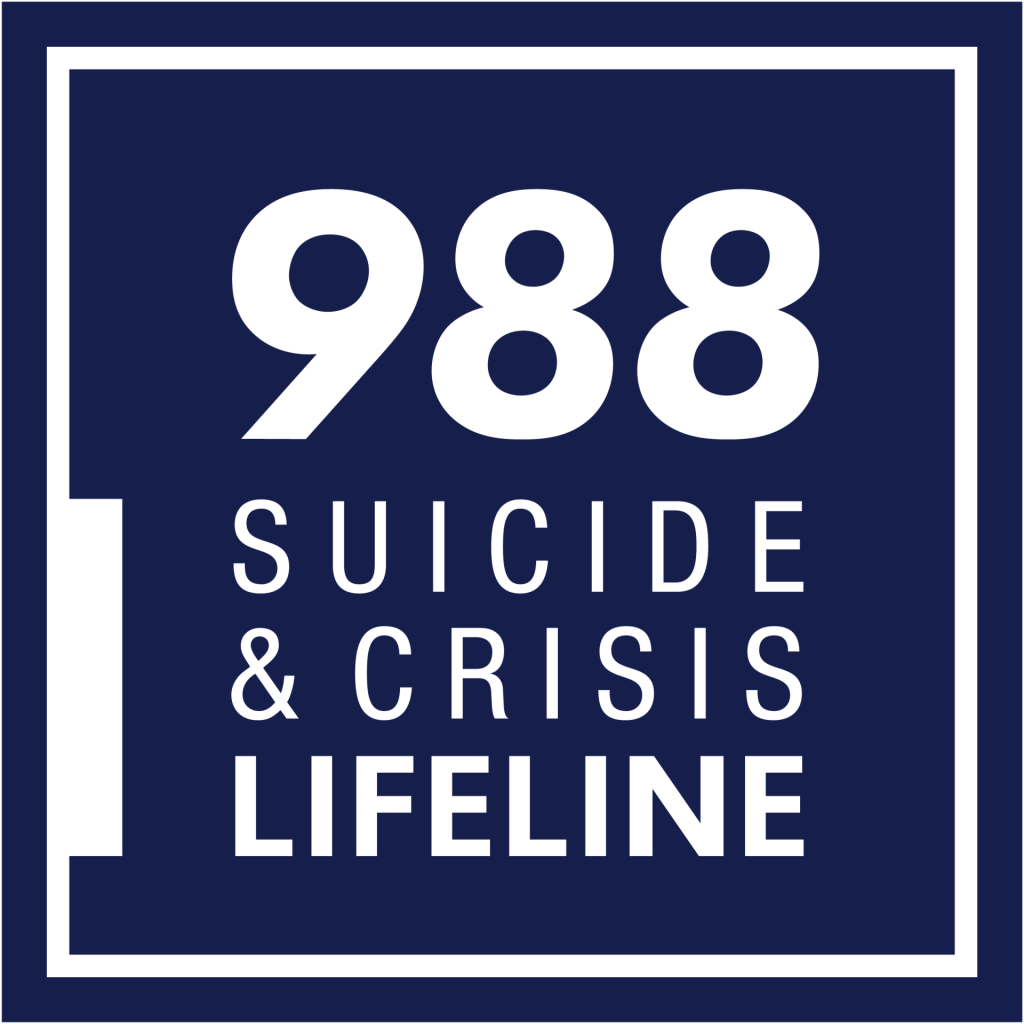IF YOU NEED IMMEDIATE HELP OR ARE IN CRISIS
- CAPS offers 24-hour emergency mental health services for students, faculty and staff—call 479-575-5276.
- If you or someone else is an immediate danger to self or others, call 9-1-1.
If you are having thoughts of suicide, please reach out.
We care about you. You matter. You’re important to this community.
CAPS always has a mental health professional available for emergency consultations in-person (during normal business hours) and by phone.
CAPS is open 8 am to 5 pm, Monday through Thursday, and 9 am to 5 pm on Fridays.
After normal business hours, on weekends, and during University breaks/holidays, a mental health professional is available for emergency phone consultations—call 479-575-5276.
If you need to talk to someone, but are not currently experiencing a mental health emergency, or you are seeking help for someone:
The 988 Suicide Prevention Lifeline provides the caller with an available crisis counselor at a local (or as close to local) crisis center in their network.
The Crisis Text Line provides help to anyone in the U.S about any type of crisis. A live, trained crisis counselor receives the text and responds quickly. Text: HOME to 741741
- Are you a young person of color? Feeling down, stressed or overwhelmed? In crisis? The Steve Fund has created a special keyword, STEVE, that young people of color can text to 741741 to connect with a trained crisis counselor 24/7. The Fund views text messaging as a key component of its strategy towards addressing the unmet mental health needs of college and university students of color. Through its partnership with the Crisis Text Line, the Fund promotes text messaging as a means to improve the critically needed access for young people of color to crisis counseling. Text STEVE to 741741 and a live, trained Crisis Counselor will respond.
The Trans Lifeline has a high call volume and do not have the volunteers to handle all the calls at times. They work closely with Suicide Prevention Lifeline to be more trans-aware and refer people to call SPL if they cannot talk to someone at Trans Lifeline. Call 1-877-565-8860.
The Trevor Lifeline is a crisis intervention and suicide prevention line for LGBTQ youth. Call 1-866-488-7386.


